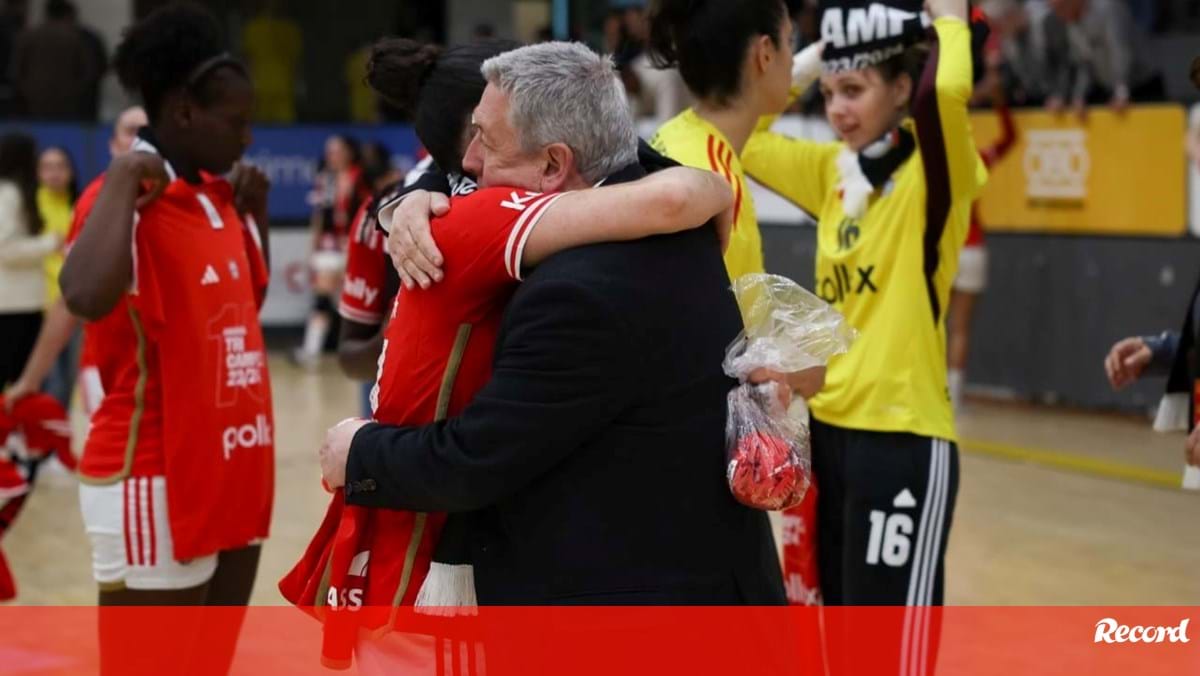Speaking to Lusa, Carlos Cortes said: “In some ULS, there has been a setback in the relationship between primary health care and hospital care, which is a strange fact, but (…) it must be corrected quickly.”
Given that the ULS reform “did not start well” and “was not well prepared,” the president pointed to a range of problems with this model, but said: “The position of the Medical Association is to maintain the development of the reform, but to correct a series of difficulties.” “.
“It is necessary to improve and improve what is being achieved,” he added.
Regarding the lack of monitoring of health units in this transition, Carlos Cortés said that the Ministry of Health should create a committee to monitor ULS “to understand whether things are going well, and in places where things are not going well, to help overcome the difficulties.” .
“Primary health care faces enormous difficulties,” he stated, recalling that “there is no ULS guidance document.”
He said some independence was normal and desirable, but considered that the reform, as implemented, left ULS “alone”, arguing that “there should be a guiding principle for the entire reform”.
The official also recalled the end of the work of the regional health departments – which have not yet entered into force, as the President of the Republic returned the diploma to the government – and confirmed that many of the competencies that belonged to these agencies have been transferred to the government. ULS, but without any follow-up.
Medical unions have reported cases where this error in transferring skills to ARS resulted in incentives not being paid to teams.
The president of the Portuguese Society of General and Family Medicine, Nuno Jacinto, also pointed the finger at the way in which this reform has progressed on the ground, with “identical solutions applied to different realities.”
“The facts are different, and oftentimes, what we’re trying to do is apply the same solution to all parties or the same solution [de forma] “Exactly the same thing, and it ends up not going so well.”
The responsible person fears losing “the thing that has already been achieved in primary care”: independence.
“This is a serious matter,” said Nuno Jacinto, recalling that “one of the basic principles of primary health care reform is that these teams, and family health units, must have technical, functional and organizational independence.”
“In simple things, in internal procedures, in managing timetables, in managing leave plans, in managing attendance, in identifying the priority areas they want to work on (…). This is up to the teams and it should be,” he stressed. Up to the teams.
Nuno Jacinto also warned: “If we start to have elements from outside the units that want, in some way, to interfere in all this, then it is clear that we are limiting their autonomy and this cannot happen.”
He also said that at this time, with ULS, “there is this risk,” and advised “be careful” about the way this new model is implemented, “otherwise we risk compromising something good that has already been achieved in primary care.”
So // zu
Lusa/The End

“Writer. Analyst. Avid travel maven. Devoted twitter guru. Unapologetic pop culture expert. General zombie enthusiast.”

